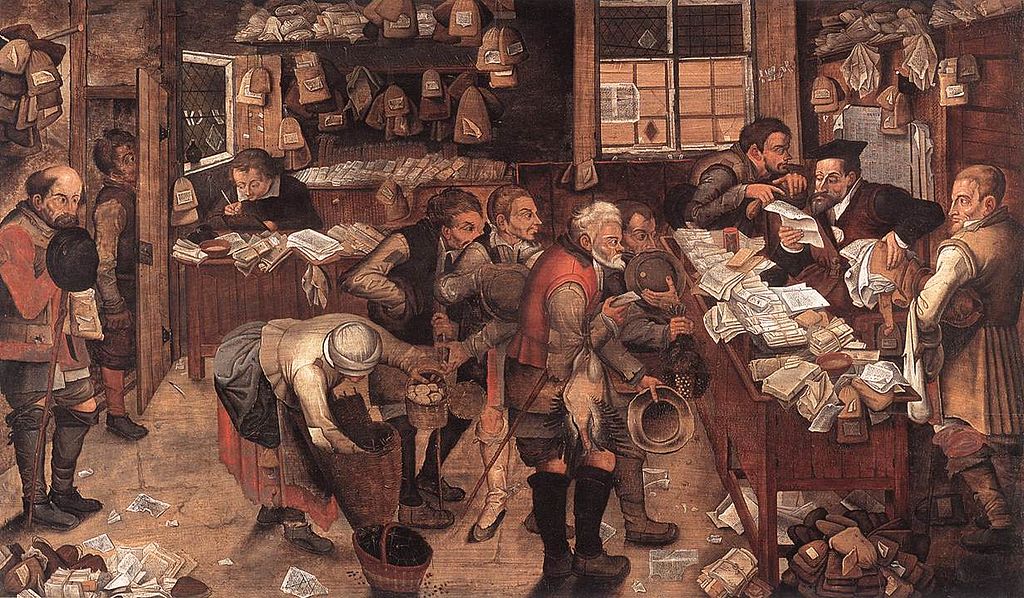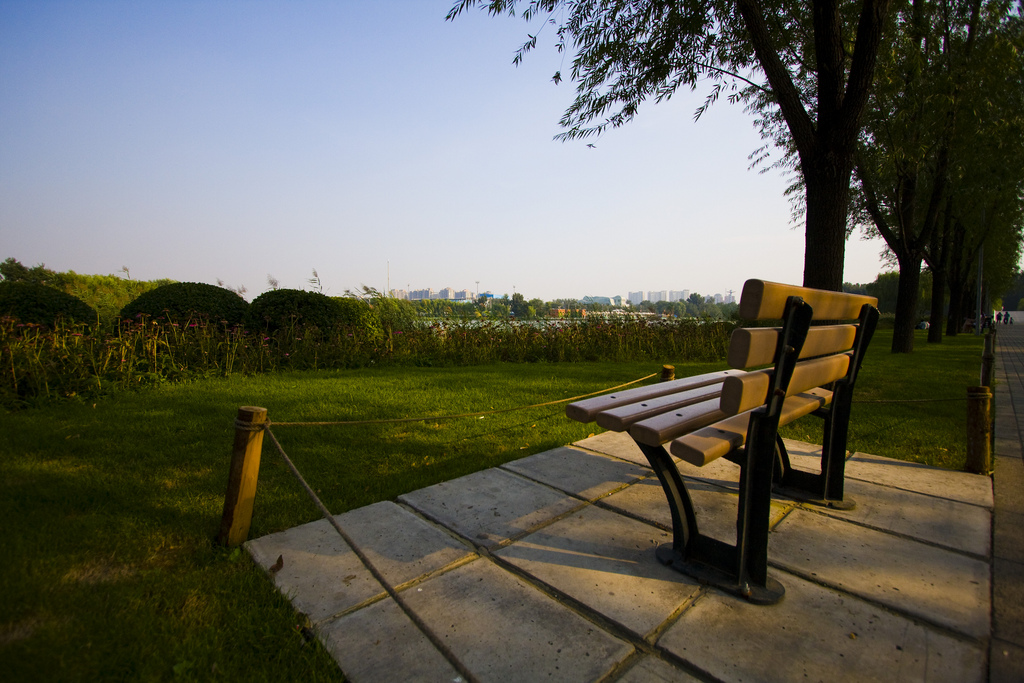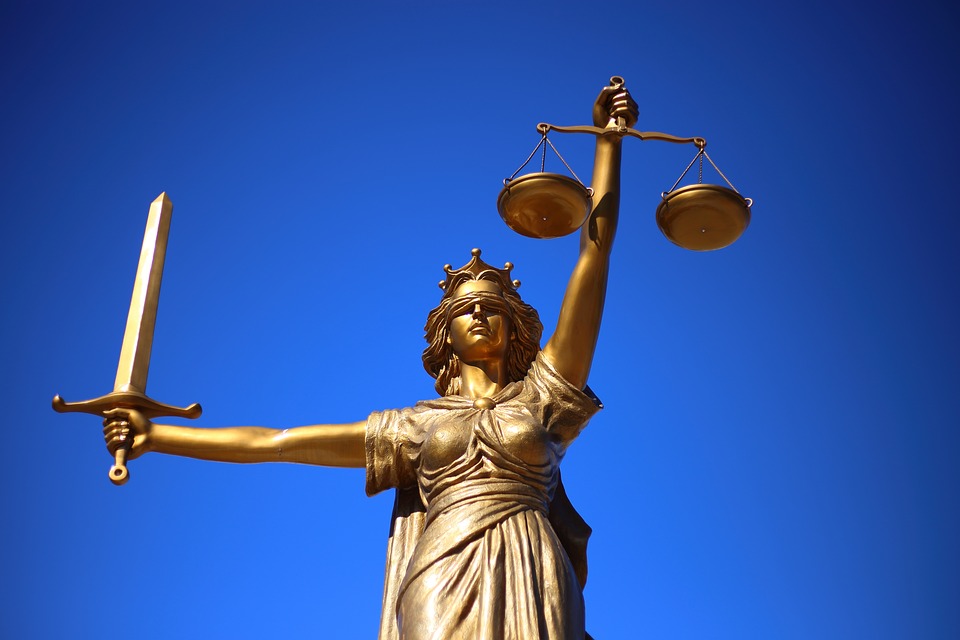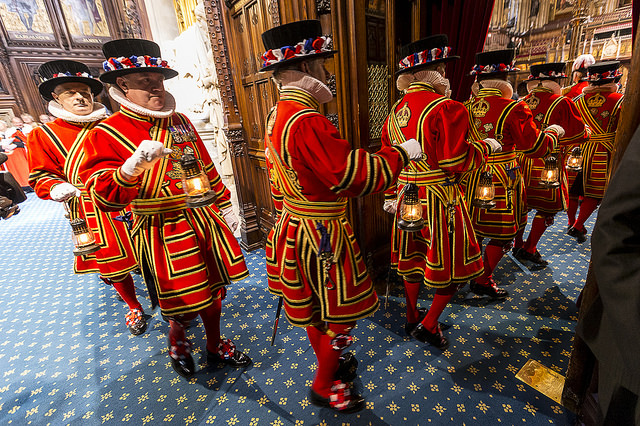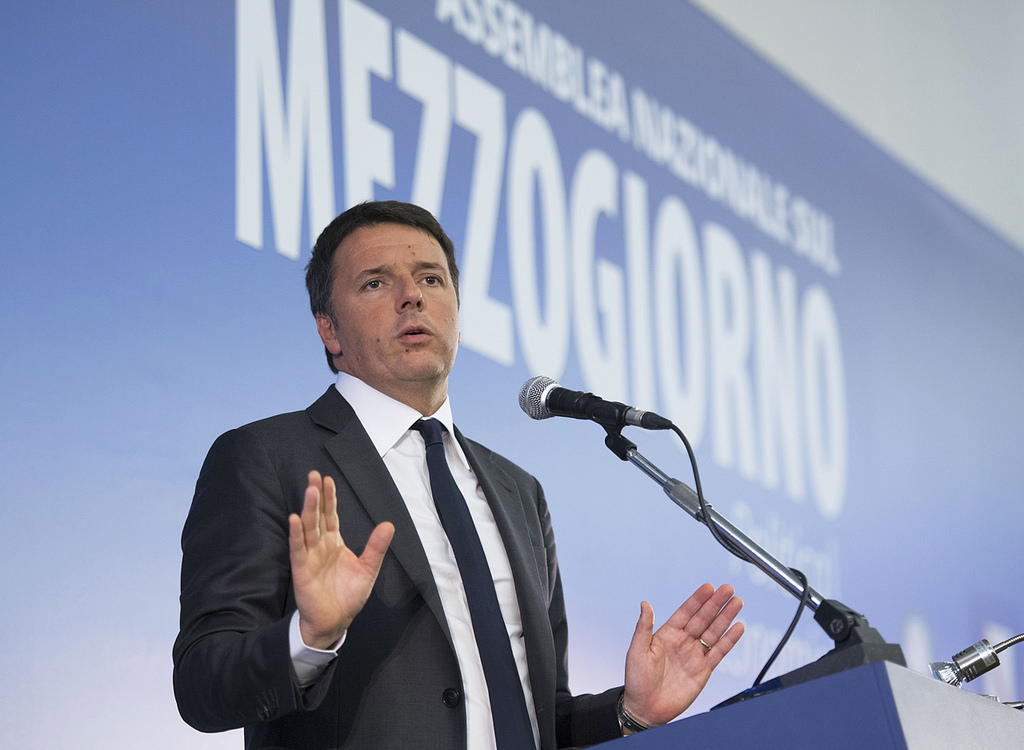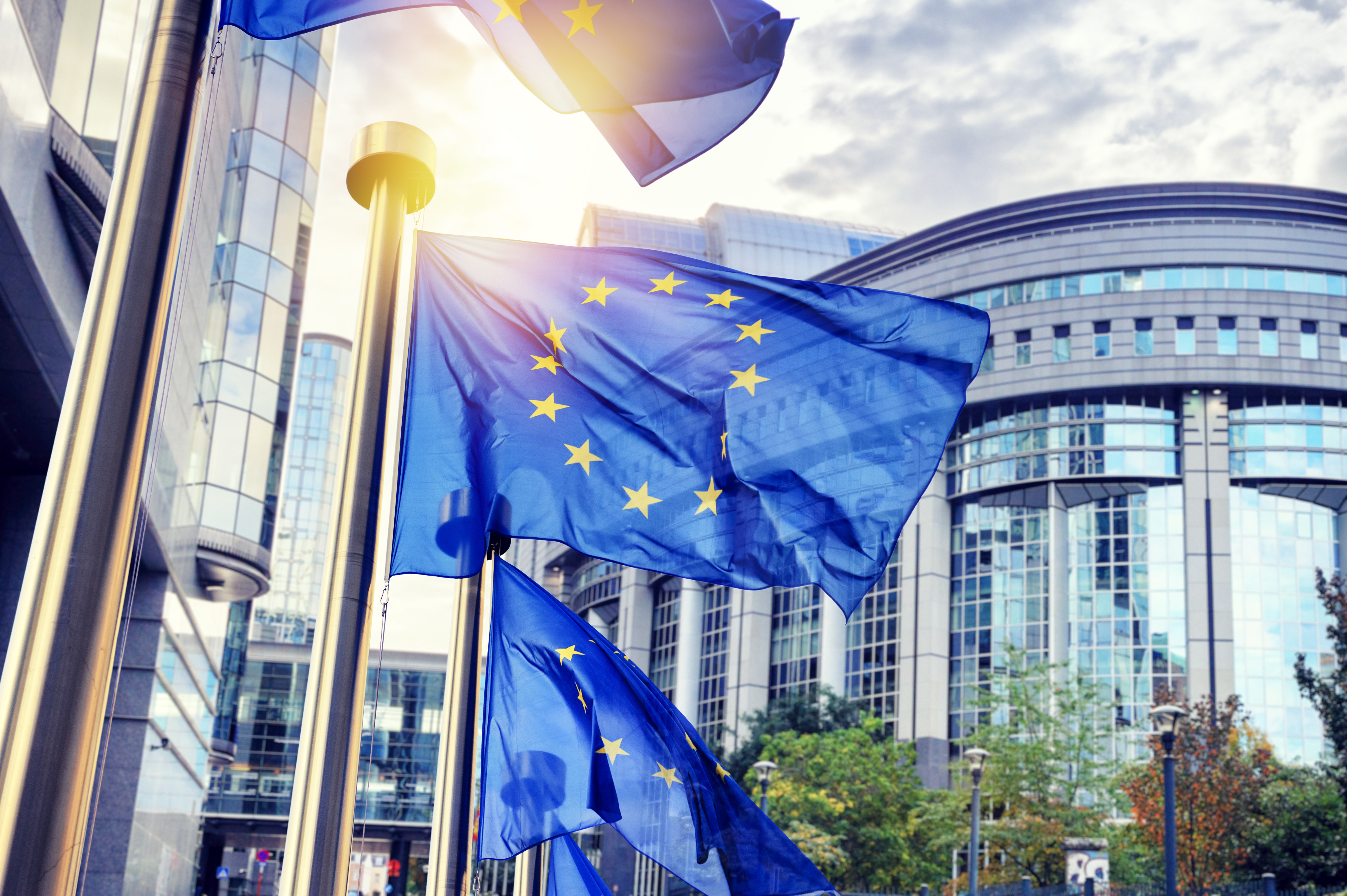Latest blog articles
-
Comparative legal historians do not undertake pure legal history or pure comparative law. The product of their research experience is more than the mere addition of the two building blocks.
-
A little bit of provocation sharpens the mind. Let me therefore start with a provocative thesis: Most lawyers have no idea what law is.
-
When should the State intervene on ownership to guarantee the protection of the environment? When is social responsibility triggered when dealing with ownership? There is a need to predict the impact that the Ecological Function paradigm will have.
-
Is there such a thing as ‘European private law’? In my opinion there is not, just as there is no Dutch, French, English, or Chinese private law. Let me explain. Legal rules, including rules of private law, have many characteristics.
-
Do the people still have power? Some might feel forgotten and turn to populism promising to give the country back to them. But popular sovereignty is not dead.
-
After the United Kingdom had voted to leave the European Union in the national referendum on 23 June 2016, the swift ascent of May to the leadership of a deeply divided nation was not marked by decisive and resolute action, but a sense of uncertainty and strategic obfuscation.
-
How the Supreme Court restored Parliament to its rightful place. That’s precisely what happened on Tuesday: The Supreme Court decided, by a 8-3 majority, to mandate that the triggering of Article 50 TEU can only take place after prior approval from both houses of Parliament.
-
In the 4th December referendum, Italy rejected the constitutional reforms promoted by the Renzi’s government. As a consequence of the “No” vote, the Prime Minister decided to resign. While the vote was influenced primarily by internal factors, the result may open a period of uncertainty for both...
-
What exactly are the legal instruments for the EU according the measures that have been introduced recently with regard to the constitutional court and in terms of the media law. This article is only available in Dutch.
-
The day after the “Brexit”-referendum, with a majority of 51.9% voting to leave the European Union, some speak of the success of democracy (“the people have spoken”). Already, there are calls for referenda in other countries to let the people speak there, too. This suggests that independently of our...
